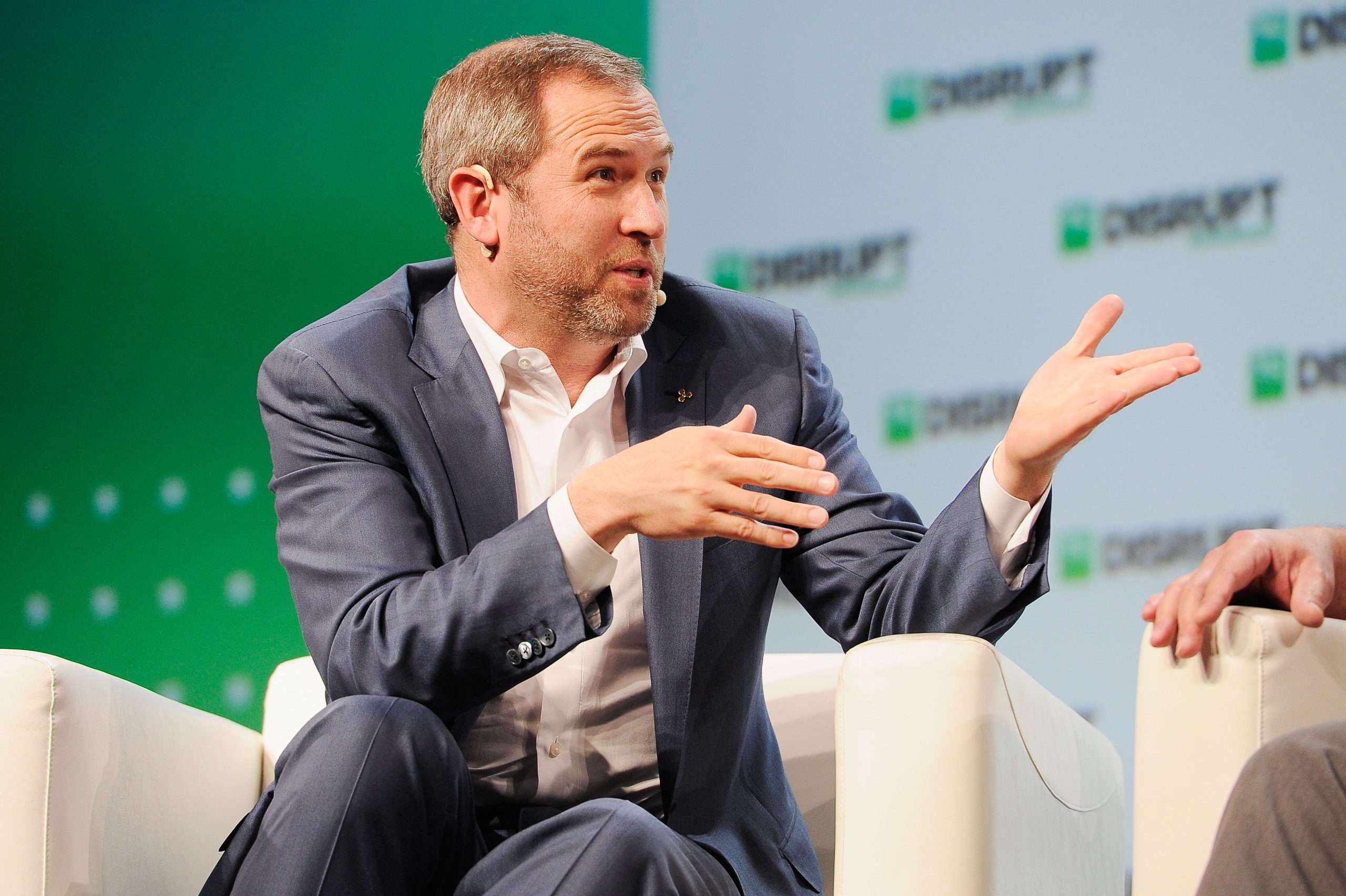A New York judge has dismissed a joint request from the U.S. Securities and Exchange Commission (SEC) and Ripple Labs to approve a proposed settlement that would reduce Ripple’s civil penalty to $50 million and lift the permanent injunction against the firm.
The contentious issue is not the reduced $50 million civil penalty—down from the original $125 million—but the removal of the permanent injunction, which is pivotal for District Judge Analisa Torres of the Southern District of New York. In her Thursday ruling, she noted that such an injunction was deemed necessary due to the substantial financial gains Ripple accrued from its violations and its motivations to continue further infractions.
“If the Court should not be concerned about Ripple violating the law, why do the parties wish to eliminate the injunction that compels Ripple to ‘Follow the law’?” Torres wrote. “The Court imposed the injunction because it determined there was a ‘reasonable probability’ that Ripple would persist in violating federal securities laws. This rationale remains unchanged, nor do the parties argue otherwise.”
This request is part of broader reforms at the SEC following the inauguration of U.S. President Donald Trump and the departure of former SEC Chair Gary Gensler. Under its new leadership, the SEC has adopted a more favorable stance toward cryptocurrencies, forming a Crypto Task Force led by Commissioner Hester Peirce and retracting multiple investigations against crypto companies. However, Torres emphasized in her ruling that most of those investigations were dropped by the SEC “before a court identified any violations of federal securities laws.”
“Despite changes in leadership, the SEC has refrained from abruptly shifting its arguments in ongoing litigation to safeguard the agency’s credibility,” stated Corey Frayer, director of investor protection at the Consumer Federation of America. “By granting leniencies to crypto companies, SEC leadership risks tarnishing the 90-year reputation the agency has cultivated.”
This marks the SEC’s second request for an indicative ruling—essentially, an anticipatory view of what a lower court may do should a higher court remand the case back to it—that Torres has denied. Earlier in May, she rejected a similar attempt citing jurisdictional and procedural discrepancies. The parties filed a new, more comprehensive request earlier this month, asserting that “exceptional circumstances” warranted modifications to Torres’ final ruling.
Torres remained unimpressed by the arguments from the SEC and Ripple, stating: “The Court acknowledges the parties’ freedom to amicably resolve their disputes. However, it’s essential to highlight that the SEC, akin to any law enforcement body, possesses the discretion to alter its course post-enforcement action. Nevertheless, the parties lack the authority to agree to be unbound by a court’s final ruling affirming a violation of an Act of Congress requiring both a permanent injunction and a civil penalty to deter further violations of the law. They have not come close to demonstrating exceptional circumstances that may outweigh public interest or the administration of justice.”
If the parties “genuinely wish to conclude this litigation today,” Torres stated, they have two alternatives: either withdraw their pending appeals or pursue an appeal. “Neither option necessitates this Court expunging Ripple’s legal obligations,” she concluded.

Leave a Reply